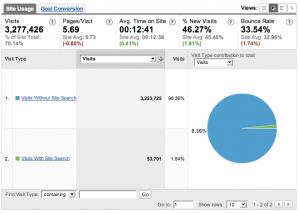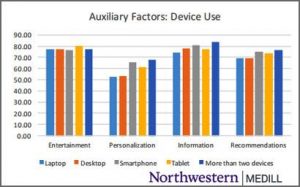COVID-19 has already made a big impact on the workforce and the economy in just a few short weeks. As remote work becomes the norm and employers are faced with layoffs and furlough scenarios, there are many regulations being put in place to protect businesses and their employees. At ClearCompany, we are continuing to monitor the rapid changes in the workforce with regard to business regulations and conditions of employment.
We have included a list of resources that cover the laws and regulations you need to keep your business up-to-date and compliant:
I-9 Employment Eligibility Verification
Due to the implementation of remote work practices, employers are being allowed flexibility with regards to I-9 employee identification and authorization documents. This article covers the process for employers who plan to onboard employees using remote verification. Families First Coronavirus Response Act (FFCRA)
This emergency bill expands the Family and Medical Leave Act and grants paid leave under certain circumstances, including employee inability to work due to the need to care for a child. Note that there are different regulations and exemptions for small businesses.
Families First Coronavirus Response Act (FFCRA)
This emergency bill expands the Family and Medical Leave Act and grants paid leave under certain circumstances, including employee inability to work due to the need to care for a child. Note that there are different regulations and exemptions for small businesses.
Coronavirus Aid Relief and Economic Security (CARES) Act
The CARES Act aims to boost the economy with provisions that impact: unemployment insurance, business loans, employer-sponsored health insurance, retirement savings, and employer-provided education assistance.
Worker Adjustment and Retraining Notification (WARN) Act
As employers are being forced to consider layoffs, pay cuts, and furlough options, they must advise by the WARN act, which requires advance notice when a mass layoff occurs that results in an employment loss for a requisite number of people.
Fair Labor Standards Act (FLSA)
Compensation rules under this act do apply and include teleworkers. This article outlines policies on pay, expenses, tracking hours, and OSHA requirements as it pertains to this act and remote workers.
As additional laws develop, we encourage you to stay informed using these reputable sources:
- US Department of Labor
- CDC Coronavirus Guidance
- SHRM Employment Law
- SHRM Coronavirus Resources
- HR Dive
- Harvard Business Review
We also encourage you to consult your local compliance experts to learn more about how these regulations will impact you and your business specifically.
Reach out to a team member at ClearCompany to schedule a demo and learn how our software can help you stay organized, prepared, and ready to act as regulations change and adapt over the coming months.
We also encourage you to consult your local compliance experts to learn more about how these regulations will impact you and your business specifically.
Originally published here.
Business & Finance Articles on Business 2 Community
(16)
Report Post




